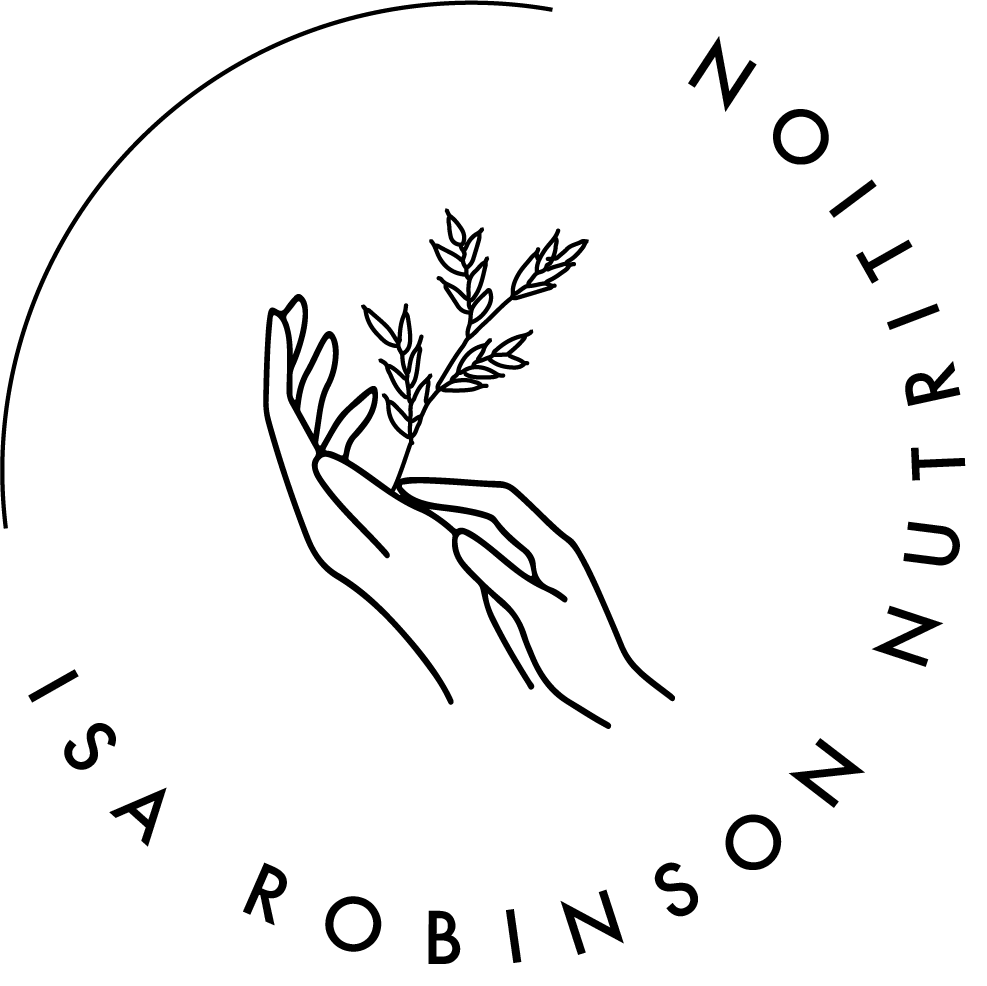An Introduction to Intuitive Eating
Intuitive Eating, it’s become rather trendy of late, but what actually is Intuitive Eating and more importantly is there any evidence to back it up? In short, yes.
What is Intuitive Eating?
Intuitive Eating is an evidence-based approach to food and eating that was originally developed by two dietitians in the US, Evelyn Tribole and Elyse Resch. Tribole and Resch were initially working to support their clients lose weight, however, they soon became aware that no matter how hard they tried, 90-95% of clients would always return having regained the weight. They began to think there must be another way.
This spurred them to develop Intuitive Eating. A way of eating that rejects the diet mentality and encourages individuals to tune into themselves for the answers on what to eat, how much and when. Adopting Intuitive Eating means working through the 10 principles (see below), to address a very important relationship – the one we have to food. In their book, Tribole and Resch write that Intuitive Eating is “ultimately struggle-free and healthy for your mind and body”. However, be under no illusion that this is an easy process, it takes time, effort and often the help from a nutritional professional. When practised correctly it’s immensely freeing, free from rules, restrictions and ultimately, it has your wellbeing at heart.
The 10 Principles
Reject the diet mentality
Diet culture is anything that normalises and promotes weight loss and links food and eating to morality. It has become a multibillion-dollar industry, and fairly ubiquitous in our everyday lives. But it sells a lie. There are no research studies that individuals who diet can lose weight and keep in off over time. In fact, most dieters regain weight plus more. It’s time to get angry with this culture that promises a lie and tune back into our needs instead.
Honour your hunger
Honour your bodies biological need for adequate food intake. It’s time to stop fighting and suppressing hunger and to act on this signal like we would when needing to pee.
Make peace with food
End the war you have with food. It’s time to give yourself full unconditional permission to eat. People are often most scared about this principle, but you’ll be amazed how much power food loses over you when nothing is restricted.
Challenge the food police
The food police refers to the relentless noise in your head that tells you what you should and shouldn’t be eating. Often these rules and regulations have been entirely created by diet culture, but are housed deep within. It’s time to turn that down that noise and listen to your most authentic self when it comes to food and eating.
Respect your fullness
Tuning into our bodies telling us we are full.
Discover the satisfaction factor
Allowing ourselves to experience the pleasurable aspects of food.
Honour your feelings without using food
Finding ways to express and cope with difficult emotions without using food.
Respect your body
Accepting our bodies just as they are, regardless of shape or size. Even if we don’t feel positive about ourselves 100% of the time, allowing ourselves to work towards body neutrality.
Exercise-feel the difference
Embracing the joys of moving our bodies without trying to change our physical appearance or earn our food. If you hate the gym, time to quit. There are so many more ways to include movement that feel fun and exciting.
Honour your health with gentle nutrition
This principle is saved until last but gets at how we can honour our health and our taste buds. Food can be both nutritious, satiating and satisfying. It’s also about remembering you don’t need to eat the perfect diet to be healthy and that food is about so much more than energy and nutrients.
What does the research say?
The evidence in support of Intuitive Eating is pretty compelling. We have studies showing that Intuitive Eaters have:
Better self-trust
Greater emotional functioning
Better body image
Less disordered eating (restriction & binge eating) and reduced risk of eating disorders
Less weight cycling
Lower BMIs
If you’re interested in learning more, the Intuitive Eating book is brilliant and a great starting point.
References
https://www.ncbi.nlm.nih.gov/pubmed/23962472
https://www.ncbi.nlm.nih.gov/pubmed/28718396
https://www.ncbi.nlm.nih.gov/pubmed/28131005
https://www.ncbi.nlm.nih.gov/pubmed/25726186
https://www.ncbi.nlm.nih.gov/pubmed/27378611
https://www.ncbi.nlm.nih.gov/pubmed/26474781
https://www.ncbi.nlm.nih.gov/pubmed/26243300
https://www.ncbi.nlm.nih.gov/pubmed/28619668
https://www.ncbi.nlm.nih.gov/pubmed/26403933
https://www.ncbi.nlm.nih.gov/pubmed/27715475
https://www.ncbi.nlm.nih.gov/pubmed/27798333
https://www.ncbi.nlm.nih.gov/pubmed/26162949
https://www.ncbi.nlm.nih.gov/pubmed/27052661
https://www.ncbi.nlm.nih.gov/pubmed/24459999
https://www.ncbi.nlm.nih.gov/pubmed/28151055
https://www.ncbi.nlm.nih.gov/pubmed/30903861
https://www.ncbi.nlm.nih.gov/pubmed/15942543
https://www.ncbi.nlm.nih.gov/pubmed/23811348
